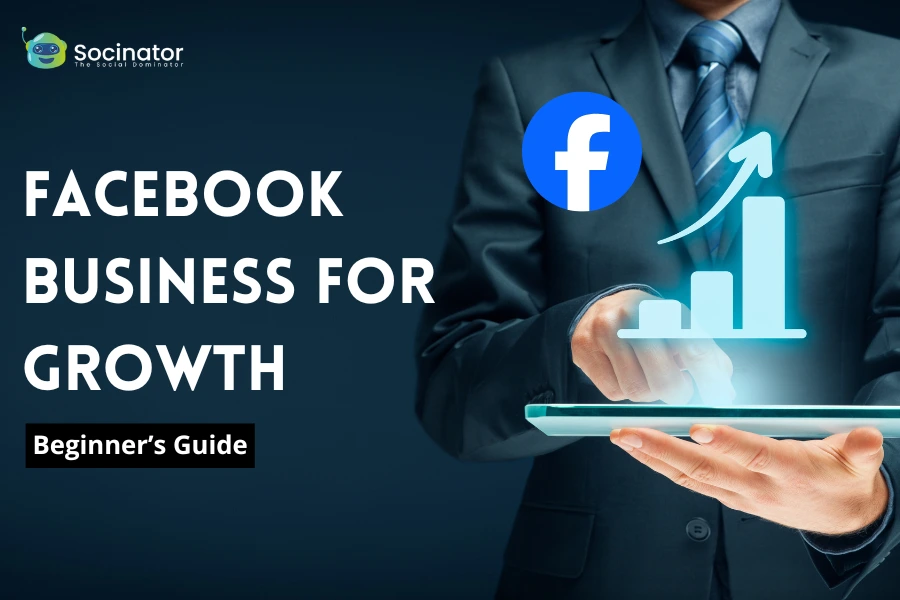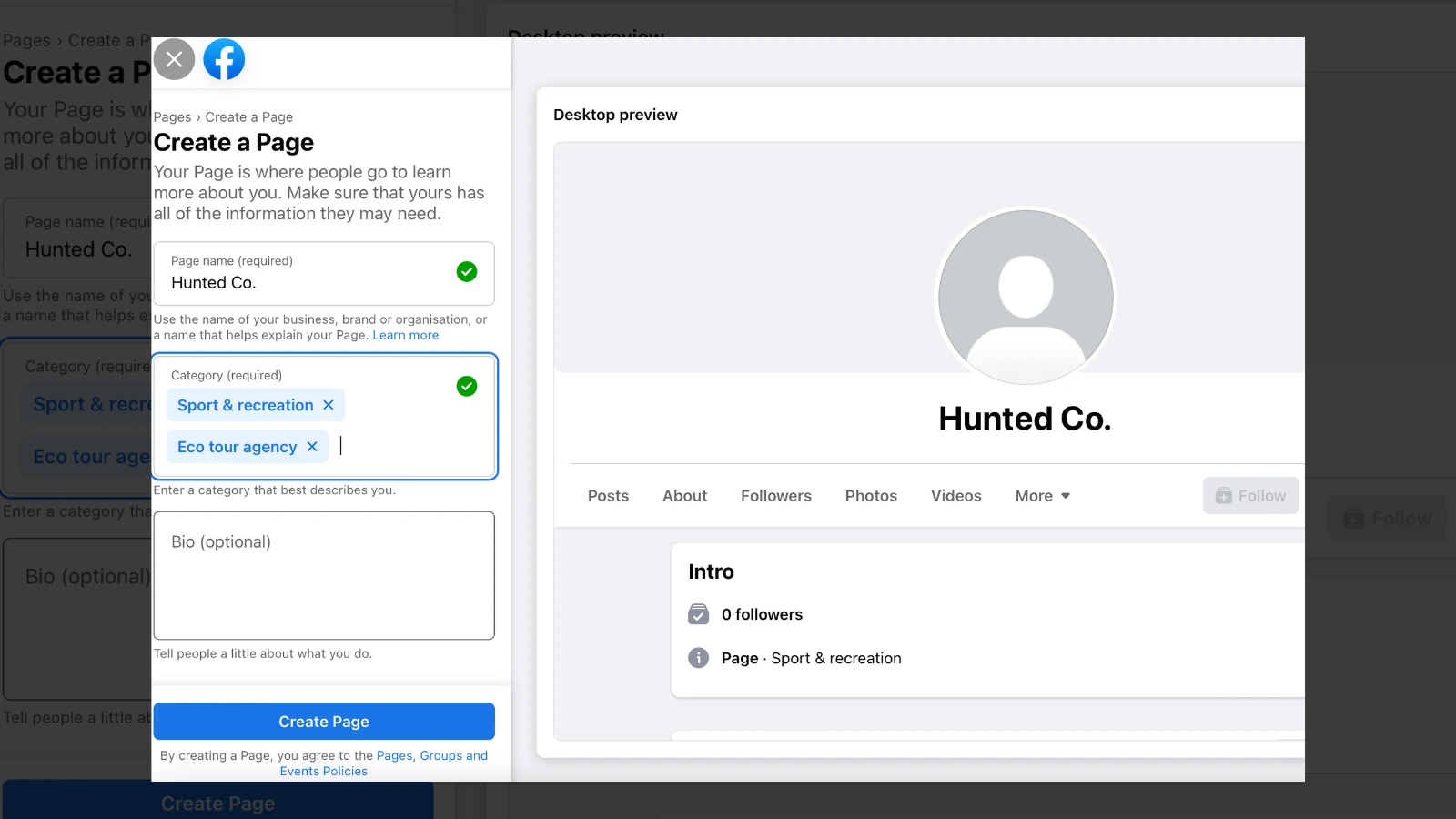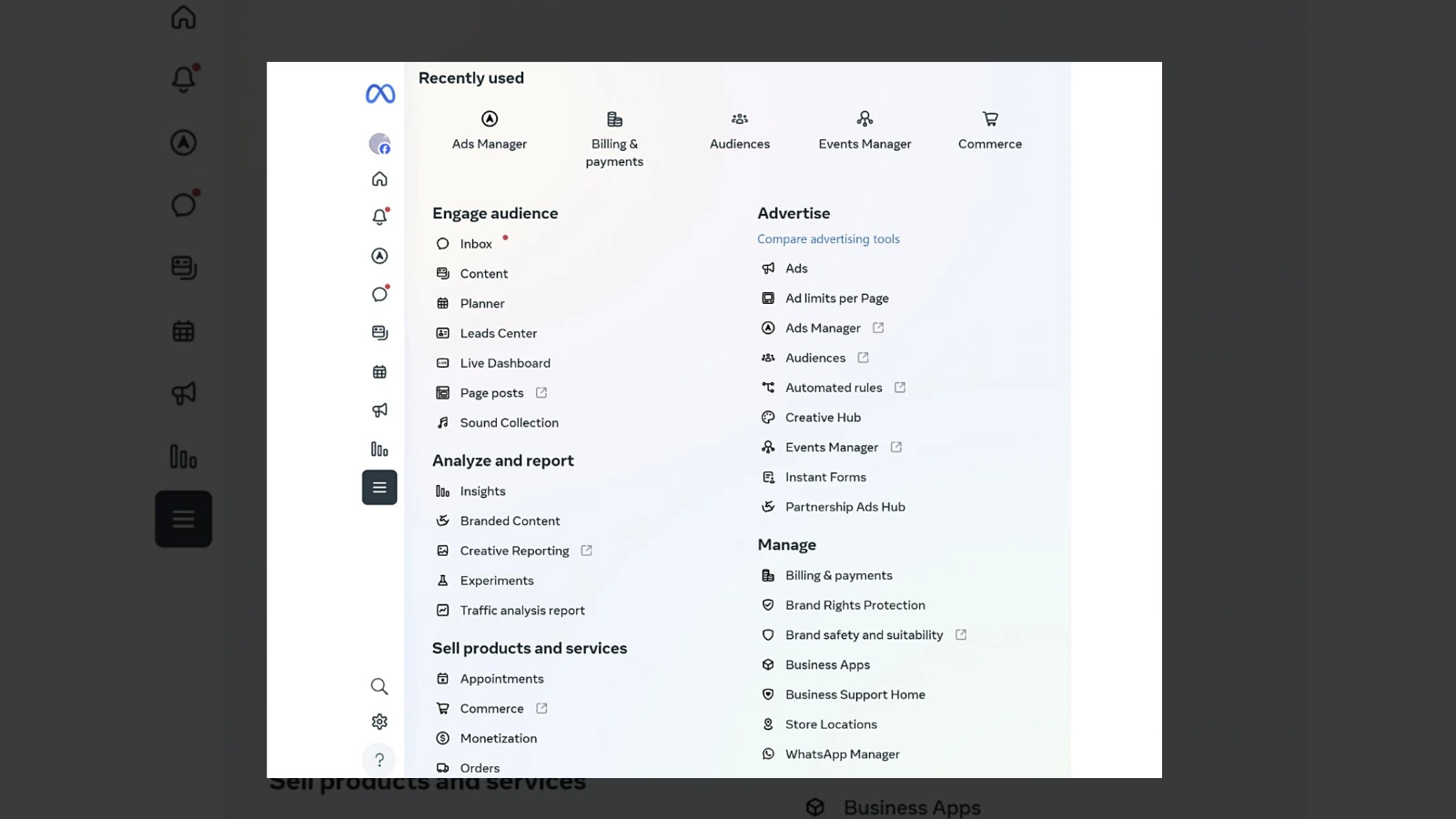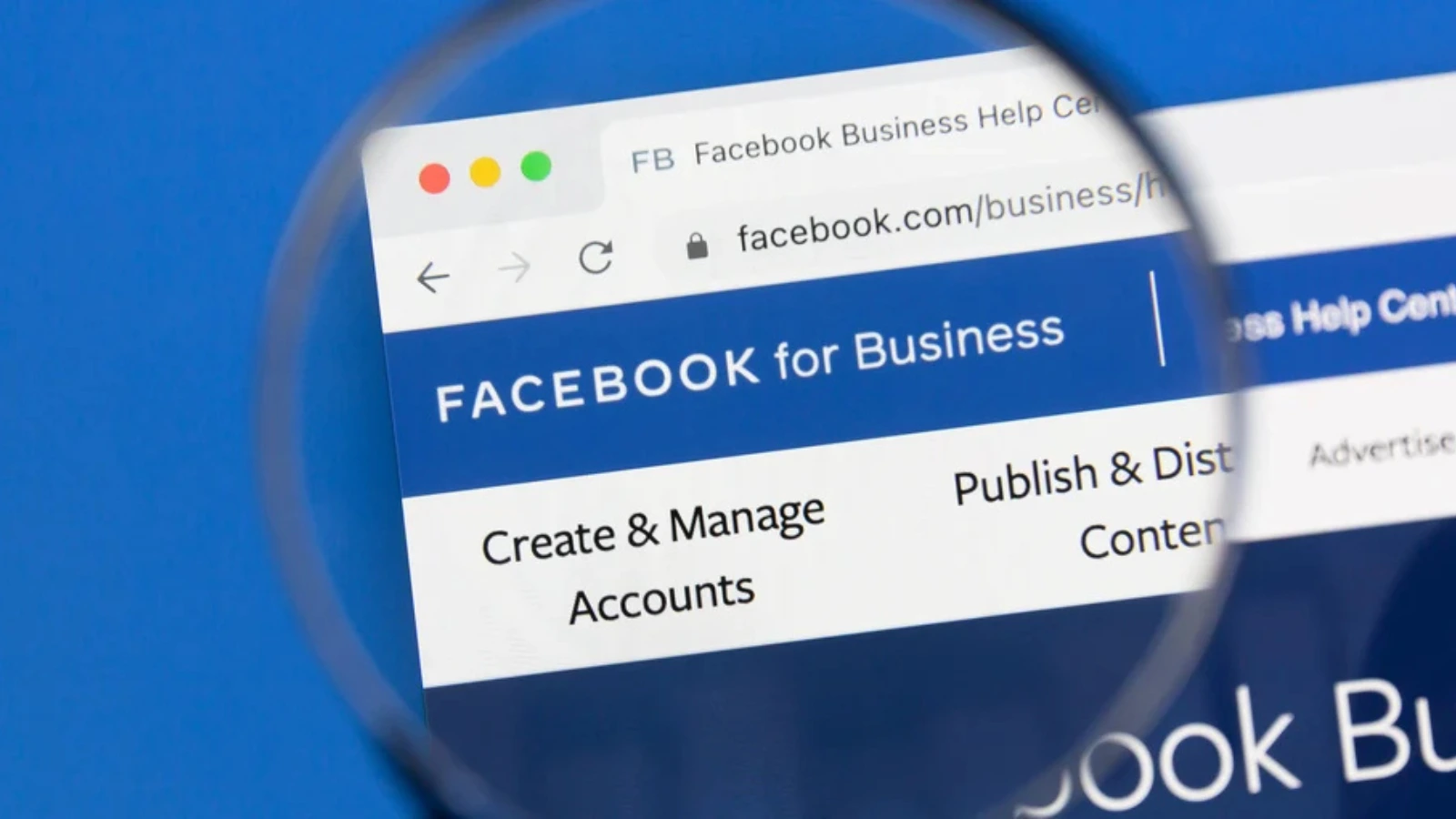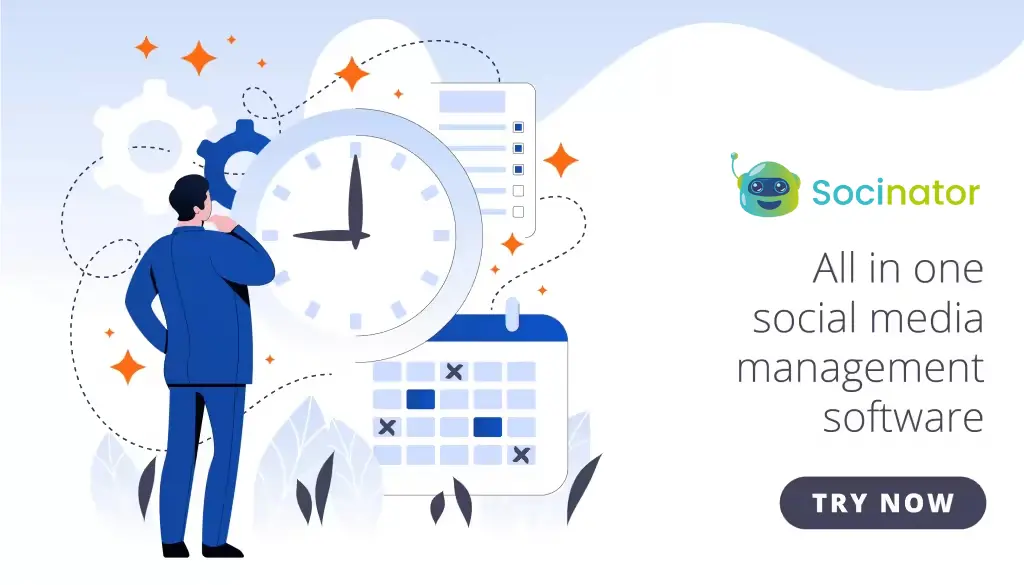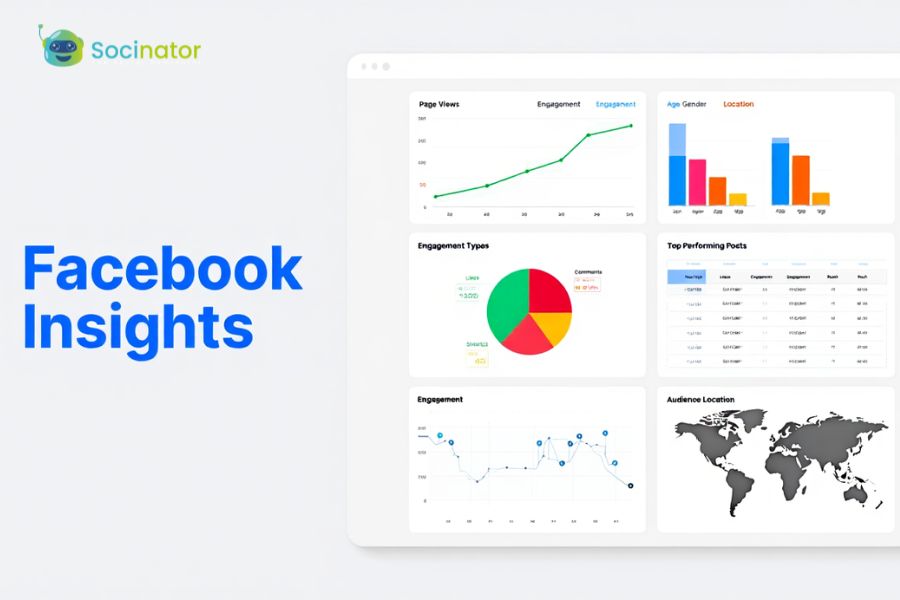With over 3 billion active monthly users in 2025, Facebook continues to dominate as the world’s leading social media platform. Beyond connecting friends and family, it has become a powerful ecosystem for brands to grow, engage, and convert audiences worldwide. Whether you’re a small business owner, a freelancer, or a corporate marketer, Facebook Business provides the tools you need to build a strong digital presence and drive real results.
But where should beginners start? This guide will walk you step by step through the essentials of Facebook Business—from setting up your account to optimizing content, leveraging ads, using automation, and tracking results.
Listen To The Podcast Now!
Why Facebook Business Still Matters for Growth
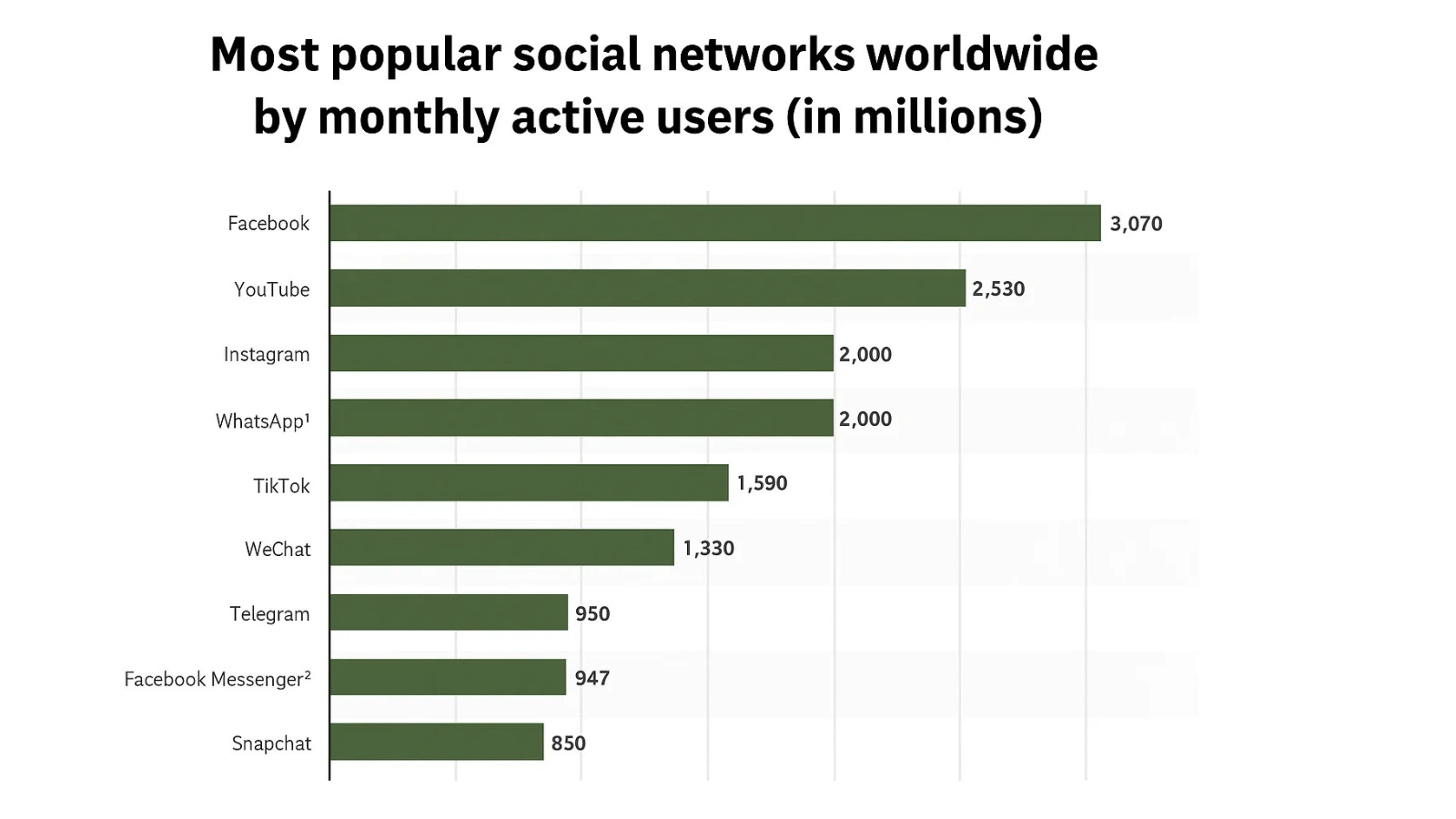 Even with the rise of TikTok, Instagram, and LinkedIn, Facebook remains a cornerstone for digital marketing. Here’s why:
Even with the rise of TikTok, Instagram, and LinkedIn, Facebook remains a cornerstone for digital marketing. Here’s why:
- Unmatched Reach: With billions of global users, Facebook allows brands to tap into diverse demographics.
- Community Building: Businesses can foster real-time engagement and build authentic connections with followers.
- Cost-Effective Marketing: Organic posts, targeted ads, and advanced insights allow for scalable strategies that fit any budget.
- Multi-Format Content: Videos, images, reels, stories, and live sessions give brands creative freedom.
Simply put, if you want visibility, engagement, and conversions, business Facebook is non-negotiable in your digital strategy.
Understanding Facebook Business Basics
Before diving into strategy, let’s get familiar with the key terms you’ll use when working with business Facebook.
- Facebook Profile: Your personal account, used to access the platform.
- FB Business Page: A dedicated profile for your business, where you share posts, respond to customers, and showcase your brand identity.
- FB Business Manager: A centralized dashboard to manage ads, pages, and permissions.
- FB Business Account: Your business identity on Facebook, used for managing ads and assets.
- FB Business Suite: A tool that integrates Facebook and Instagram management in one place, offering scheduling, analytics, and ad tools.
Understanding these elements is the first step toward effectively using Facebook for business.
Step 1: How to Create a Facebook Business Page
If you’re new, setting up your presence starts with creating a FB Business Page. Here’s a quick walkthrough:
- Sign up or log in to your personal profile.
- From the left-hand menu, click Pages → Create a new Page.
- Enter details like your business name, category, and description.
- Upload a recognizable logo as your profile picture and a visually engaging cover photo.
- Add contact details such as your address, phone number, website, and operating hours.
- Set up your call-to-action button (e.g., “Shop Now,” “Book Now,” or “Learn More”).
- Optimize your bio with relevant keywords so people can easily find you.
👉 Pro Tip: If your preferred business name is already taken, personalize it with your location or niche (e.g., Coffee Haven – Boston).
Once complete, your business Facebook page becomes the foundation for brand engagement and marketing.
Step 2: Setting Up Meta Business Tools
After creating your Page, the next step is to explore Facebook’s business tools:
1. Facebook Business Manager
This platform is ideal for managing ad accounts, business assets, and permissions in one place. It gives you more control and helps keep business and personal activities separate.
2. Facebook Business Suite
The FB Business Suite is a free platform where you can:
- Schedule posts and stories across Facebook and Instagram.
- Manage customer messages from Messenger and Instagram DM in one inbox.
- Access detailed analytics to track reach, engagement, and conversions.
- Launch and manage Facebook Ads campaigns.
Having a Facebook Business Account ensures all these tools work seamlessly under your brand identity.
Step 3: Optimizing Your FB Business Page
Now that your Page is set up, optimization is key to standing out. Here’s how:
- Profile & Cover Photos: Use high-quality, brand-aligned images.
- About Section: Clearly describe your brand’s offerings, include keywords, and add a CTA.
- Pinned Post: Highlight your latest campaign, event, or special offer at the top of your Page.
- CTA Buttons: Choose actions that align with your business goals, such as Sign Up or Shop Now.
- Verification: Apply for the blue checkmark to build trust and credibility.
A well-optimized Facebook Business Page ensures your audience understands your brand instantly.
Step 4: Content Strategy for Facebook Business
Content is the backbone of growth on Facebook. Here’s a framework:
- Educational Content: Tips, tutorials, and how-tos that position you as an authority.
- Engaging Content: Polls, Q&A, memes, and relatable posts to spark conversations.
- Visual Storytelling: Reels, Stories, and short videos grab attention quickly.
- Behind-the-Scenes Posts: Humanize your brand with authentic, informal updates.
- User-Generated Content: Share testimonials, reviews, and customer stories.
Consistency is key—develop a content calendar and post regularly to keep your followers engaged.
Step 5: Leveraging Facebook Ads
One of the biggest advantages of business Facebook is its advertising platform. With advanced targeting, you can reach specific audiences based on:
- Demographics (age, gender, income, etc.)
- Interests and behaviors
- Location targeting
- Custom audiences (from your email lists)
- Lookalike audiences (similar to your best customers)
Use ad formats like:
- Carousel Ads: Show multiple products or services in one ad.
- Video Ads: Capture attention with storytelling.
- Lead Ads: Generate direct leads with in-app forms.
The key is to test and analyze which ads perform best for your goals.
Step 6: Using Automation and Marketing Tools
As your Page grows, manual Facebook page management becomes overwhelming. That’s where tools come in.
- Facebook Automation Tool: Helps streamline posting, responses, and campaign management.
- Facebook Marketing Automation Tool: Enables advanced workflows like auto-replies, scheduled campaigns, and lead nurturing.
- Facebook Marketing Software: Provides analytics, competitor tracking, and ad optimization for data-driven decisions.
For instance, tools like Socinator can help automate scheduling, engagement, and content publishing across Facebook and other platforms. This not only saves time but also ensures consistency in your FB Business strategy.
These tools save time, boost efficiency, and keep your Business Facebook running smoothly even as your audience expands.
How Socinator Enhances Facebook Business Growth?
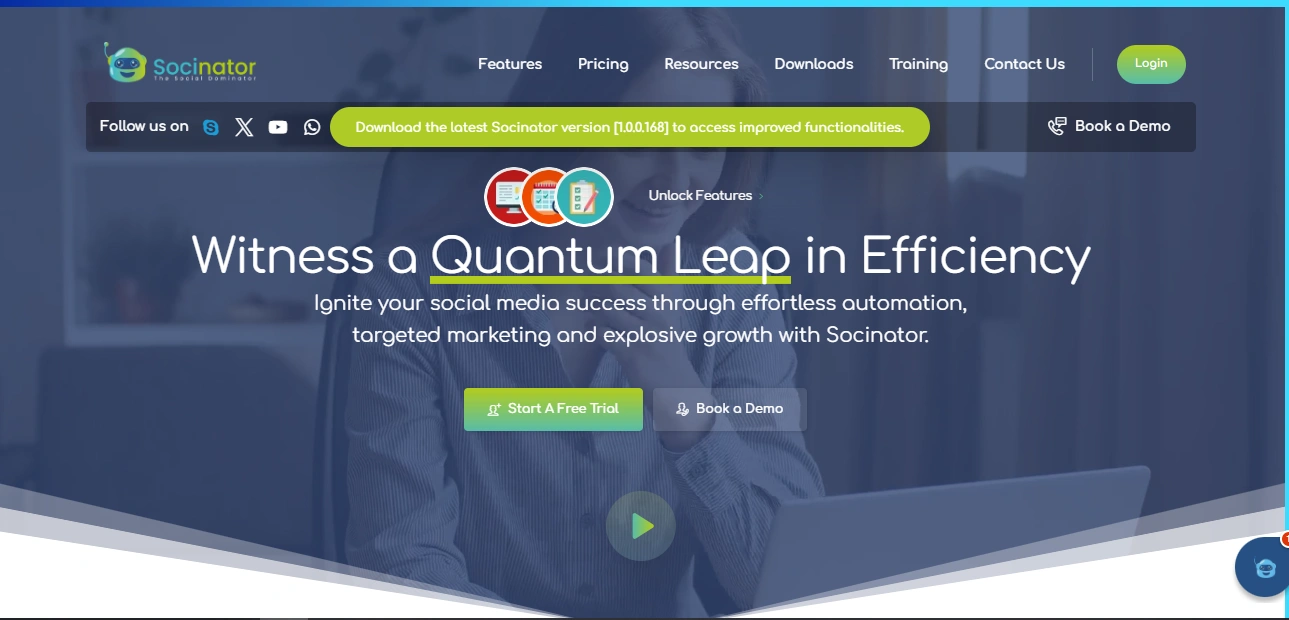 Socinator is a powerful social media automation tool built for marketers, entrepreneurs, and businesses who want to grow faster without spending hours on repetitive tasks. It supports multiple platforms, including Facebook, Instagram, Twitter, LinkedIn, and more, making it a versatile choice for anyone managing social media at scale.
Socinator is a powerful social media automation tool built for marketers, entrepreneurs, and businesses who want to grow faster without spending hours on repetitive tasks. It supports multiple platforms, including Facebook, Instagram, Twitter, LinkedIn, and more, making it a versatile choice for anyone managing social media at scale.
When integrated into your FB Business strategy, Socinator can:
- Automate Publishing: Schedule posts, reels, and stories in advance to maintain consistency without manual effort.
- Boost Engagement: Automatically like, comment, and interact with followers to keep your audience engaged.
- Manage Multiple Accounts: Handle multiple Facebook Pages or profiles from one dashboard.
- Content Curation: Discover trending content ideas and share them seamlessly.
- Analytics & Tracking: Get insights into engagement patterns and performance to refine strategies.
By leveraging Socinator, businesses can focus more on creativity and strategy while letting automation handle repetitive tasks. This makes it an essential Facebook marketing software for anyone serious about growing with business Facebook.
Step 7: Building Engagement & Community
Success on Facebook isn’t just about posting content—it’s about building a loyal audience. Here’s how:
- Respond Quickly: Engage with comments and messages in real time.
- Host Live Sessions: Use Facebook Live to answer questions, showcase products, or share updates.
- Create Groups: Build niche communities around your brand where members can interact.
- Encourage Interaction: Ask questions, run contests, and use polls.
An engaged community not only drives conversions but also fuels word-of-mouth growth.
Step 8: Tracking and Measuring Results
To ensure your efforts are working, track metrics through:
- Reach & Impressions: How many people saw your content.
- Engagement Rate: Likes, comments, shares, and clicks.
- Conversions: Sales, leads, or sign-ups generated.
- ROI: Compare ad spend with actual revenue.
The analytics in Facebook Business Suite give you actionable insights to refine strategies and boost growth.
Advanced Tips for FB Business Growth
If you want to go beyond the basics, try these advanced strategies:
- Retargeting Campaigns: Use Facebook Pixel to retarget website visitors and increase conversions.
- Lookalike Audiences: Expand your reach by targeting people similar to your best customers.
- Dynamic Ads: Automatically show personalized products to users who viewed your website or app.
- Split Testing: Experiment with different headlines, visuals, and CTAs to find winning campaigns.
- Cross-Promotion with Instagram: Since Meta owns both, connect your accounts for consistent branding.
Also Read: –
How To Create A Business Facebook Page: A Complete Guide
How To Master Facebook Page Management In 2025
Measuring Success with FB Business Insights
Success on Facebook isn’t just about posting consistently—it’s about understanding what works and optimizing accordingly. That’s where Business Facebook Insights comes in. This built-in analytics tool allows businesses to track engagement, reach, impressions, audience demographics, and page performance.
By regularly monitoring these insights, you can identify:
- Which posts generate the most engagement.
- The best times to post for your audience.
- Demographics that interact most with your content.
- Whether ad campaigns are delivering the expected ROI.
Using data-driven decisions ensures your FB Business efforts translate into meaningful results. Instead of guessing, you’ll know exactly what content to double down on and which strategies to adjust for better outcomes.
Common Mistakes to Avoid on FB Business
Beginners often make these mistakes:
- Posting inconsistently
- Ignoring comments and messages
- Over-relying on ads without organic engagement
- Not defining clear goals
- Neglecting analytics
Avoiding these pitfalls will save time, money, and frustration.
FB Business Trends in 2025
Keeping track of these emerging trends can help you remain competitive:
- AI-Powered Personalization: Smarter ad targeting using AI.
- Video Dominance: Reels and live videos outperform static posts.
- Social Commerce: Facebook Shops integrated directly into Pages.
- Messaging for Sales: Messenger and WhatsApp are increasingly being used for customer support and sales.
- Automation: More businesses are adopting Facebook marketing automation tools for efficiency.
Real-Life Success Stories with Business Facebook
- Small Café Example: A local café used targeted ads and consistent posting to double its customer base in 6 months.
- E-commerce Brand: A fashion brand integrated a shop on its FB Business Page, driving 40% more sales directly from social media.
- Consulting Agency: By using Facebook marketing software, the agency cut ad costs by 30% while increasing leads.
These examples show the real power of Facebook when used strategically.
Final Thoughts
In today’s digital-first world, mastering Facebook Business is a game-changer for growth. From setting up a professional FB Business Page to using advanced tools like Business Facebook Manager and FB Business Suite, you have everything you need to connect, engage, and convert audiences.
By integrating automation, running targeted ads, and consistently delivering valuable content, businesses of all sizes can thrive on Facebook. Whether you’re just learning how to create a FB Business Page or exploring advanced strategies with a Facebook marketing automation tool, the opportunities are endless.
Start today, stay consistent, and watch your FB Business transform into a powerful growth engine.
FAQs: –
- What is Facebook Business?
FB Business is a suite of tools offered by Meta that allows companies to manage their brand presence, create ads, track performance, and engage with customers through dedicated Pages and business accounts. - Is a FB Business Page free?
Yes. Creating a FB business Page is completely free. However, if you choose to run Facebook Ads, you’ll need to allocate a budget for them. - Do I need a personal profile to create a Business Facebook Page?
Yes, you must have a personal Facebook profile to set up and manage a Business Page. Don’t worry—your personal information won’t appear on the Page. - What’s the difference between a FB Business Page and Business Manager?
A FB Business Page is the public-facing profile of your business, while FB Business Manager is the backend tool that helps you manage ads, Pages, and user permissions more efficiently. - Can I manage multiple business accounts on Facebook?
Yes, Facebook Business Manager and Business Suite allow you to manage multiple Pages, ad accounts, and assets under one login. - How often should I post on my FB Business Page?
Ideally, businesses should post 3–5 times per week. Consistency is more important than volume, so create a schedule that your audience can rely on. - Are Facebook Ads worth it for small businesses?
Absolutely. Facebook Ads allow precise targeting based on demographics, interests, and behaviors, making them highly cost-effective for small businesses with limited budgets.

